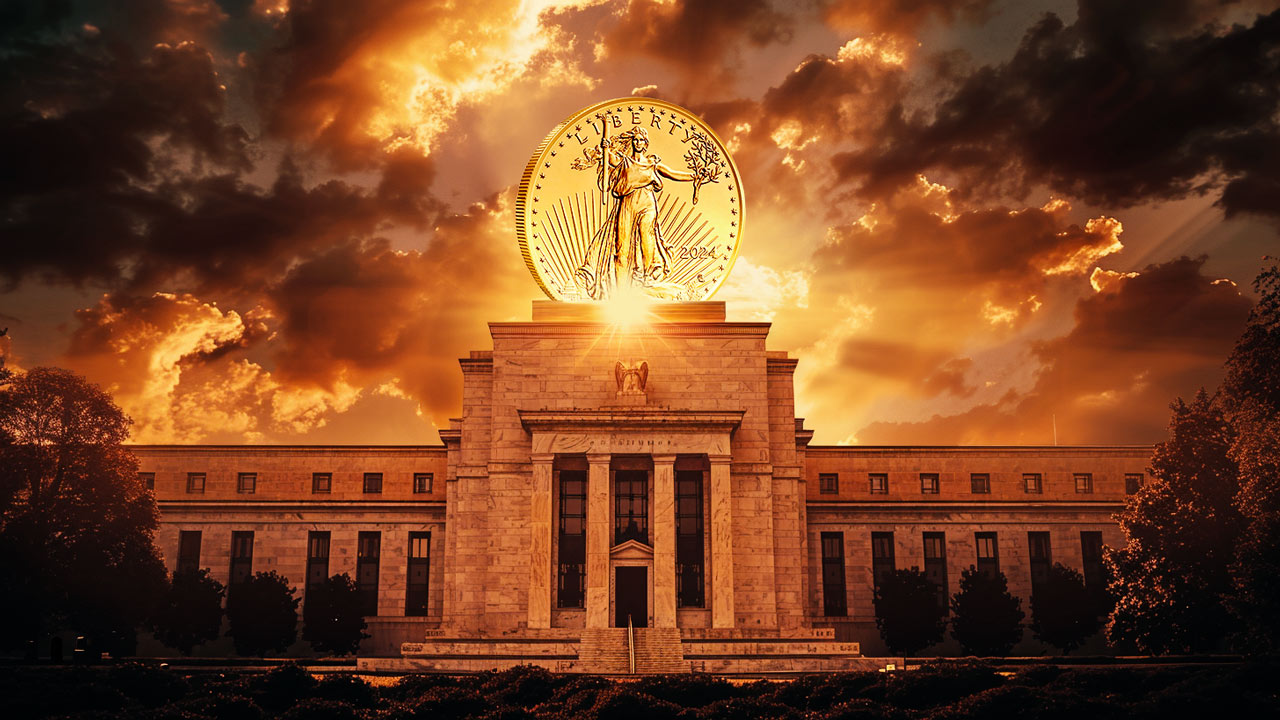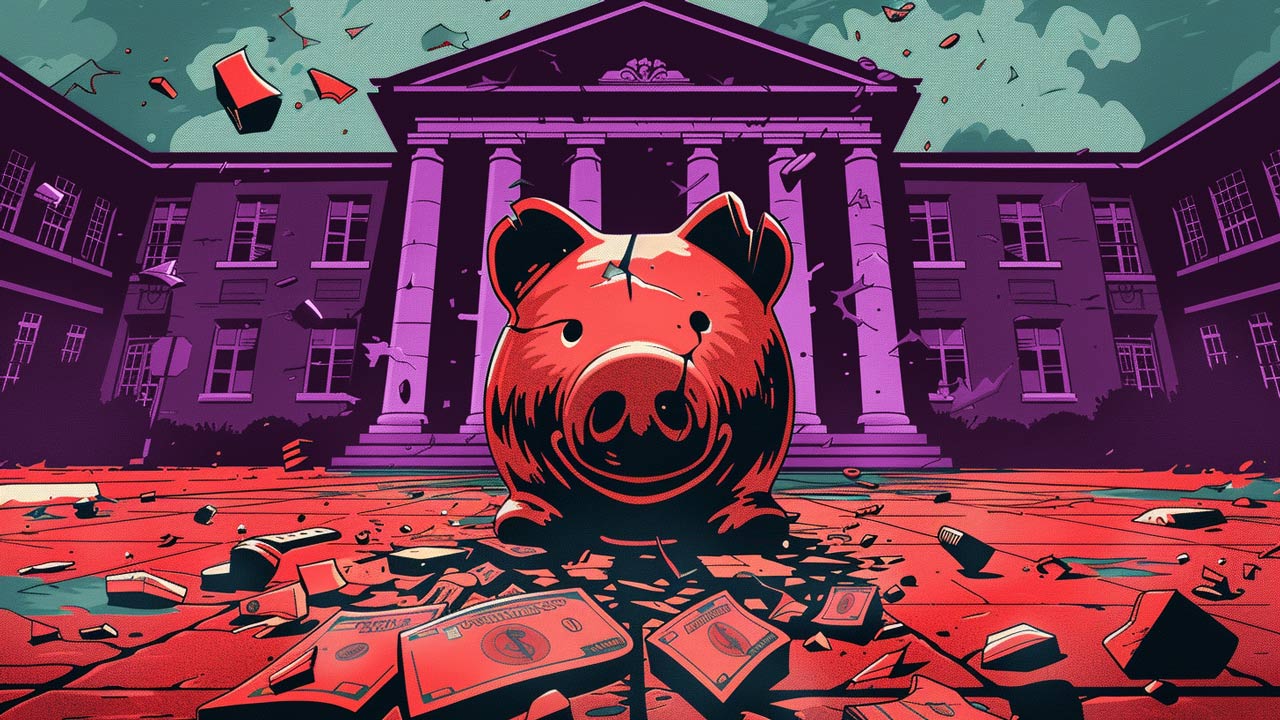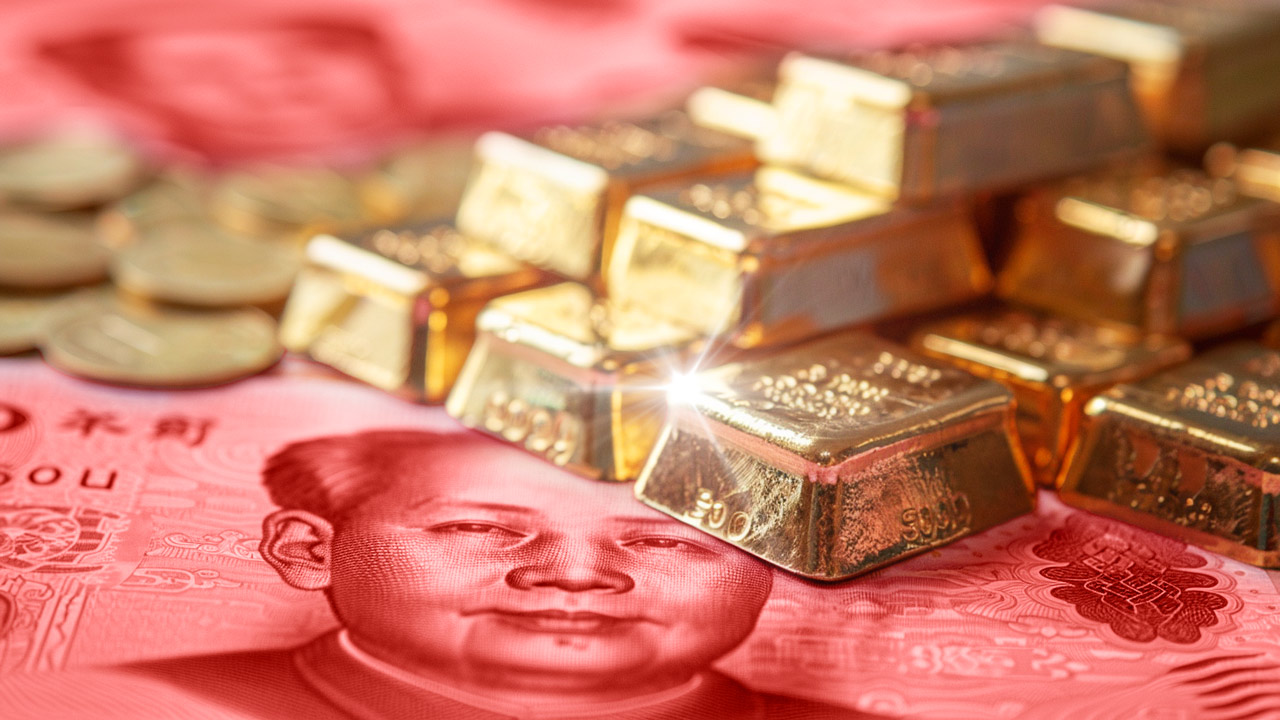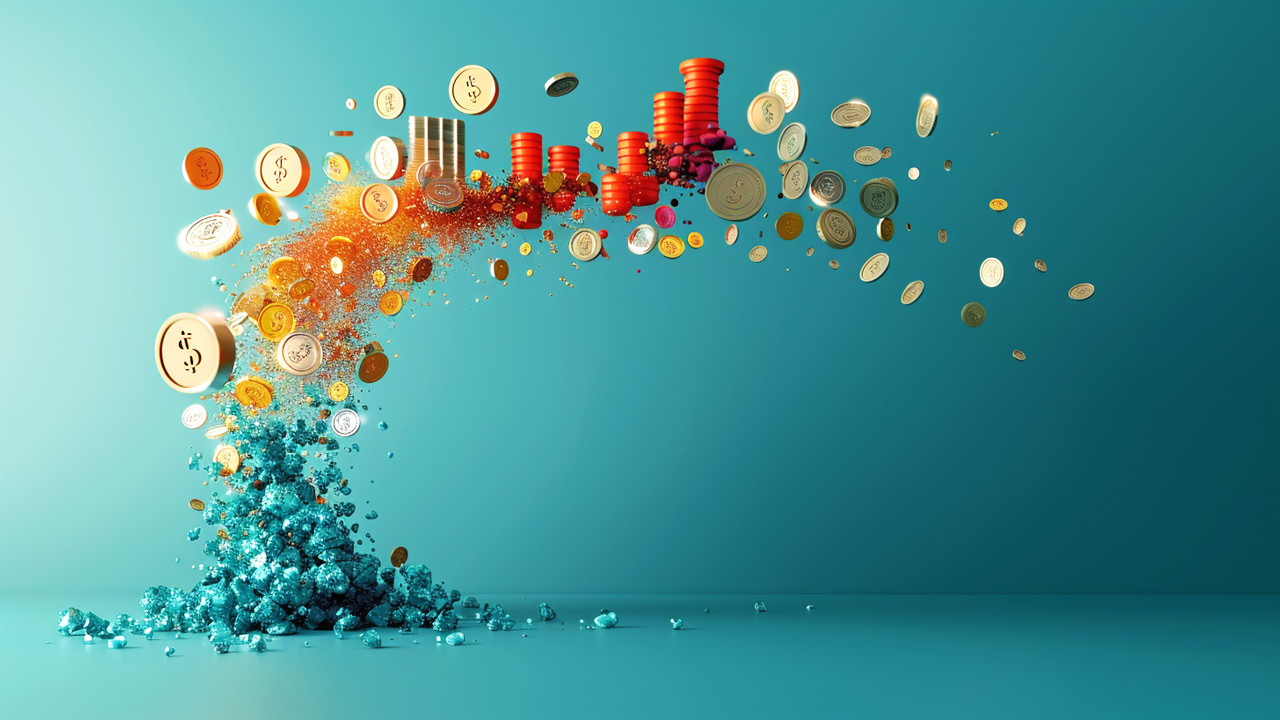Voters Should Blame the Fed for Trump’s Rise to Power
Peter Schiff recently appeared on CNBC’s “Future’s Now” letting millions of American voters know that if they’re frustrated with Trump, they should blame the Federal Reserve. “If the economy was in good shape, not only would he have not been elected, he wouldn’t have been the Republican nominee.”
Peter explained why Fed Chairwoman Janet Yellen is reluctant to raise interest rates because of the fallout from removing cheap borrowing from investors and consumers. “What was inappropriate was slashing rates in the first place. It was inappropriate to leave them as low as they were as long as they were. [Yellen’s] afraid of the consequences when she tries to remove this unprecedented accommodation.”
The show’s host presented a common question to Peter about justifying his bearish stance on an economy that’s realizing stock market gains. It’s a common misunderstanding from mainstream media that CPI numbers, record-setting stocks, and inflation are indicators of a “healthy” economy. In reality, these are symptoms of a struggling economy that’s being kept on life support through money printing and quantitative easing.
“The economy is very weak. That’s one of the reasons that the stock market has been strong. It’s the weak economy that has been the primary reason the Fed has been able to keep rates so low for so long.”
Peter’s comment may be too obvious for many to comprehend. If the economy continues to make gains, why hasn’t the Fed raised rates more often and with larger hikes? The Fed’s slow movement on interest rates will be a hard habit to break when interest rates continue accelerating, as indicated by the latest CPI numbers.
The Fed’s misguided monetary policy has essentially created two US economies: a fake one and a real one. While stock investors are still riding high on billions of dollars injected into the system through money printing and QE, average people are struggling to pay their students loans and car payments. The Fed has “propped up” the economy “at artificially high levels, but it undermines the real economy,” Peter states.
Financial markets gain from inflation and QE at the expense of lower and middle-class Americans. The artificial economy we’ve seen over the last 10 years has caused lasting effects, frustrating hard working Americans and motivating them to vote for a populist candidate promising to change a broken system.
Get Peter Schiff’s latest gold market analysis – click here – for a free subscription to his exclusive weekly email updates.
Interested in learning how to buy gold and buy silver?
Call 1-888-GOLD-160 and speak with a Precious Metals Specialist today!





 With a hot CPI report casting a shadow of doubt on the likelihood of a June interest rate cut, all eyes are on the Fed. But they’ve caught themselves in a “damned if they do, damned if they don’t” moment for the economy — and the news for gold is good regardless.
With a hot CPI report casting a shadow of doubt on the likelihood of a June interest rate cut, all eyes are on the Fed. But they’ve caught themselves in a “damned if they do, damned if they don’t” moment for the economy — and the news for gold is good regardless.  It’s no secret that the American public is wildly ignorant of many issues that are central to the success of our nation. Just a generation ago it would have been unthinkable that less than half of the American population could recognize all three branches of government. America is in most cases far less educated about its government […]
It’s no secret that the American public is wildly ignorant of many issues that are central to the success of our nation. Just a generation ago it would have been unthinkable that less than half of the American population could recognize all three branches of government. America is in most cases far less educated about its government […] In investing, “Buy low, sell high” is among the most well-known sayings, and generally, it’s good advice. But with gold still holding near its historic all-time highs, central banks led by China are bucking the classic adage and smash-buying more, buying the top to fortify themselves against a global monetary and financial blow-up.
In investing, “Buy low, sell high” is among the most well-known sayings, and generally, it’s good advice. But with gold still holding near its historic all-time highs, central banks led by China are bucking the classic adage and smash-buying more, buying the top to fortify themselves against a global monetary and financial blow-up. When John Bogle died in 2019, people around the world mourned. Bogle created the Vanguard Group and made the index fund mainstream. Index funds are investment vehicles that invest in a class of investments as a whole, rather than trying to predict what specific stocks or securities will do best. So an investor could invest in an […]
When John Bogle died in 2019, people around the world mourned. Bogle created the Vanguard Group and made the index fund mainstream. Index funds are investment vehicles that invest in a class of investments as a whole, rather than trying to predict what specific stocks or securities will do best. So an investor could invest in an […] As the Democratic Party has shifted away from its traditional base of working-class and middle-class Americans, to an increased reliance on college professors, students, and highly educated but low-paid professions, such as social workers, a new policy has risen to prominence: student loan forgiveness.
As the Democratic Party has shifted away from its traditional base of working-class and middle-class Americans, to an increased reliance on college professors, students, and highly educated but low-paid professions, such as social workers, a new policy has risen to prominence: student loan forgiveness. 